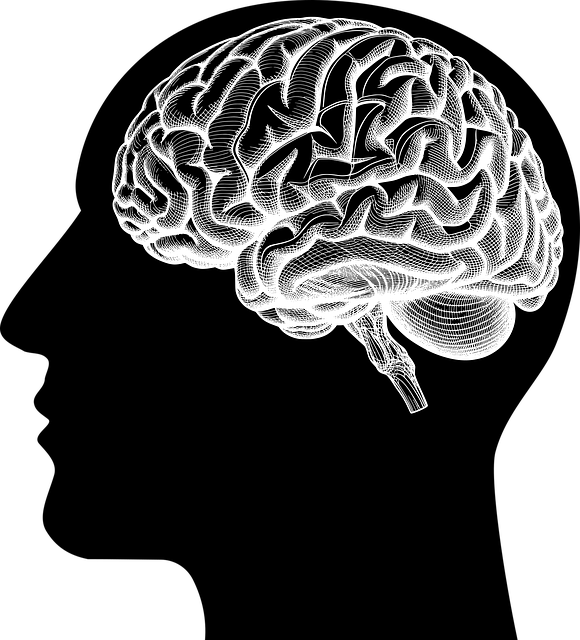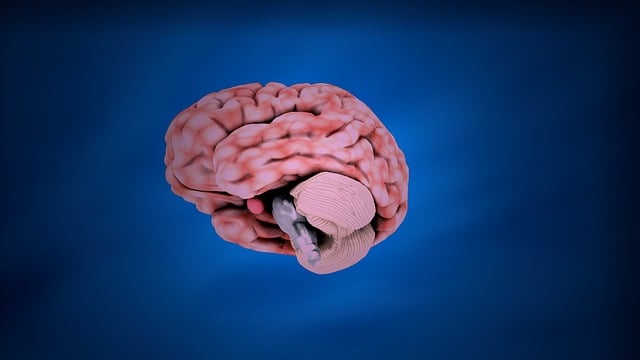Therapy for young adults who have experienced sexual abuse presents unique challenges due to complex emotional trauma leading to mental health issues like anxiety, depression, and PTSD. Mental health professionals must employ tailored Mind Over Matter principles, create safe spaces, and offer specialized support to facilitate healing. Comprehensive risk assessments, identifying triggering factors, and implementing effective mitigation strategies are crucial. Establishing clear boundaries, integrating wellness coaching programs, and community outreach ensure holistic care post-therapy. Early intervention through regular check-ins fosters a nurturing environment for long-term well-being.
“In the delicate realm of mental health therapy, especially when treating young adult sexual abuse survivors, thorough risk assessment is paramount. This comprehensive guide explores the unique challenges faced by this vulnerable population during therapy sessions. From understanding triggering factors to implementing ethical guidelines and post-therapy support, we delve into essential components for a holistic approach. By examining these aspects, mental health professionals can ensure safe boundaries and optimal well-being for young adult sexual abuse survivors in therapy.”
- Understanding the Unique Risks Faced by Young Adult Sexual Abuse Survivors in Therapy
- Essential Components of a Comprehensive Risk Assessment for Mental Health Professionals
- Identifying Potential Triggering Factors and Their Impact on Patient Safety
- Establishing Safe Boundaries and Ethical Guidelines in Therapy Sessions
- Continuous Monitoring, Support, and Post-Therapy Care for Optimal Survivor Well-being
Understanding the Unique Risks Faced by Young Adult Sexual Abuse Survivors in Therapy

Therapy for young adults who have experienced sexual abuse presents a unique set of challenges and risks. This vulnerable population often faces complex emotional trauma that can significantly impact their mental health and overall well-being. As such, mental health professionals must be adept at navigating these delicate situations, employing tailored Mind Over Matter principles to facilitate the Emotional Healing Processes.
Survivors of sexual abuse in their young adult years may struggle with a range of issues, including anxiety, depression, post-traumatic stress disorder (PTSD), and difficulties forming healthy relationships. They often grapple with feelings of shame, guilt, and a distorted sense of self, which can make traditional coping skills development challenging. Professionals must be attuned to these unique barriers, offering specialized support and creating safe spaces for them to process their experiences and develop effective strategies to cope with their trauma, fostering their journey towards healing and resilience.
Essential Components of a Comprehensive Risk Assessment for Mental Health Professionals

A comprehensive risk assessment for mental health professionals is a crucial step in ensuring patient safety and effective therapy delivery, especially when working with vulnerable populations such as young adults who have experienced sexual abuse. This process involves multiple essential components that work together to create a holistic understanding of potential risks and inform tailored interventions.
Key elements include gathering detailed client histories, screening for trauma-related symptoms, and assessing the professional’s own mental health and well-being. By examining past experiences, current stressors, and the nature of the therapeutic relationship, practitioners can identify early warning signs of distress or risk factors that may impact their ability to provide quality care. Incorporating Mind Over Matter principles and confidence-boosting strategies within the assessment framework further empowers professionals to offer robust Trauma Support Services, fostering a safe and supportive environment for young adults navigating complex emotional challenges.
Identifying Potential Triggering Factors and Their Impact on Patient Safety

Identifying potential triggering factors is a crucial step in risk assessment for mental health professionals, especially when working with patients like young adults who have experienced sexual abuse. These triggers can significantly impact patient safety and treatment outcomes. For instance, certain topics or environments could resurface traumatic memories, leading to acute distress or even relapse. Professionals must remain vigilant to these potential catalysts during therapy sessions, particularly when delving into sensitive issues such as the trauma of sexual abuse.
Understanding the impact of these factors is essential for implementing effective risk mitigation strategies. This may involve adjusting treatment plans, providing specific safety protocols, and integrating burnout prevention strategies for healthcare providers to ensure they can adequately support their patients’ needs without compromising their own well-being. Self-care practices and mental health policy analysis and advocacy play a critical role in fostering a supportive environment for both patient and provider.
Establishing Safe Boundaries and Ethical Guidelines in Therapy Sessions

Establishing clear boundaries and adhering to ethical guidelines is paramount for mental health professionals when working with young adults who have experienced sexual abuse. These survivors often bring complex emotions, traumas, and unique challenges into therapy sessions. Therefore, therapists must prioritize creating a safe, supportive environment where trust can be built while maintaining professional limits.
The Mind Over Matter Principles serve as a framework for cultivating this balance. By implementing structured boundaries, professionals can ensure they remain objective and avoid potential pitfalls such as boundary blurring or exploitation. This is especially crucial when working with vulnerable populations. Additionally, integrating Mental Wellness Coaching Programs Development techniques can empower survivors to take ownership of their healing journey while providing them with practical tools for managing symptoms and fostering resilience. Community outreach programs, focused on raising awareness and offering support, further contribute to a holistic approach, ensuring these individuals receive the comprehensive care they deserve.
Continuous Monitoring, Support, and Post-Therapy Care for Optimal Survivor Well-being

Mental health professionals play a crucial role in supporting survivors of sexual abuse, particularly young adults who have experienced trauma. Continuous monitoring is essential to assess the progress and well-being of these individuals post-therapy. By regularly checking in with clients, professionals can identify any emerging issues or setbacks early on, allowing for prompt interventions. This ongoing support system fosters a sense of safety and security, which is vital for survivors’ mental health recovery.
In addition to monitoring, providing comprehensive care after therapy sessions enhances the overall healing process. This includes implementing effective self-care practices for both professionals and survivors. By practicing mental health awareness and employing empathy building strategies, therapists can create a nurturing environment. Such an approach ensures that young adult survivors receive holistic care, addressing not only their current needs but also preparing them with tools to maintain long-term well-being.
Mental health professionals play a vital role in supporting young adult sexual abuse survivors, but they also face unique risks. By understanding the specific challenges within this therapeutic context, such as triggering factors and ethical boundaries, practitioners can ensure comprehensive risk assessment and provide safe, effective treatment for these vulnerable individuals. Continuous monitoring and post-therapy support are essential to foster optimal well-being, especially when navigating sensitive topics like sexual abuse. Through implementing these strategies, professionals can create a supportive environment tailored to the needs of young adult survivors in therapy.














